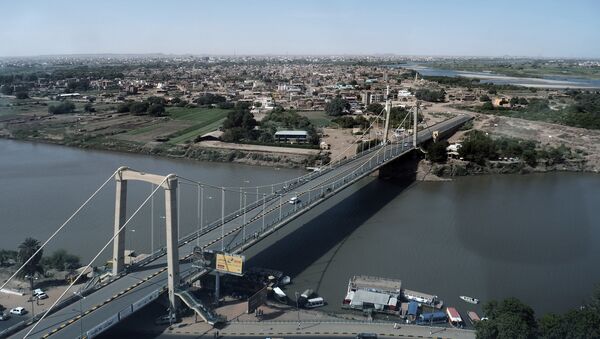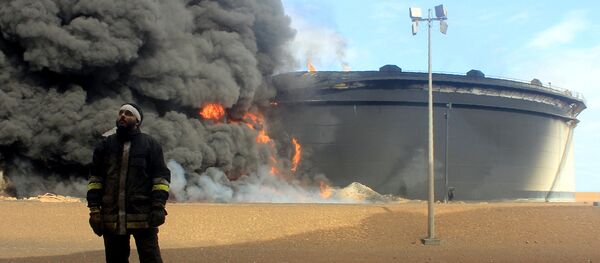The United States embassy to Sudan vowed on July 4 to do everything in their power to convince Washington to remove Khartoum from the US terrorism-sponsor list, after the African nation severed its ties to the Democratic People's Republic of Korea (DPRK).
"North Korea is a paramount national security priority for the United States," US charge d'affaires in Khartoum Steven Koutsis said, during a July 4 celebration at the embassy in the Sudanese capital.
"For this reason, we would like to emphasize our appreciation for actions taken by Sudan and all our allies and partners around the world who support our diplomatic and economic pressure on the North Korean regime," he said, cited by Agence France Presse.
"I pledge to you that this embassy will work with all its energy and focus to create the conditions for Sudan's removal from the list," he declared.
On June 29, OFAC announced that Sudanese sanctions regulations had been removed from the Code of Federal Regulations, which marked the end of sanctions imposed by various executive orders by Presidents Obama and Trump.
In October 2017, the US Secretary of State published a notice in the Federal Register that Sudan had satisfied certain actions required by the US for the sanctions to be lifted. OFAC's announcement, which cemented this decision, was welcomed by The Central Bank of Sudan pm July 1, AllAfrica.com reported.
However, the state remains on the terrorism sponsor watchlist, and the issue has been brought up recently by the Arab League, who called on Washington to remove Khartoum from the list now that the sanctions are gone.
"It was agreed during the meeting between the Sudanese delegation and the Arab Parliament on the elements of the executive action plan, which will be implemented during the coming period to remove Sudan from the US list," Sudanese Foreign Ministry Osama Faisal said last Sunday, cited by AFP.
In November 1997, Washington froze Sudanese government property assets in the US and prohibited monetary and commercial transactions with Sudan, as it considered Khartoum an "unusual and extraordinary threat to the national security and foreign policy of the United States," AllAfrica.com noted.



